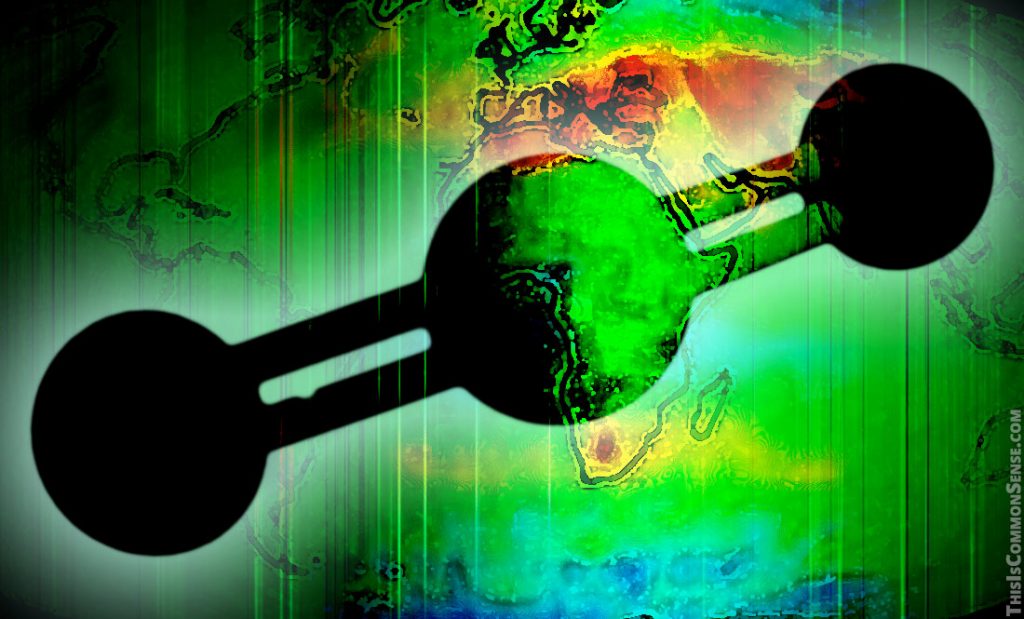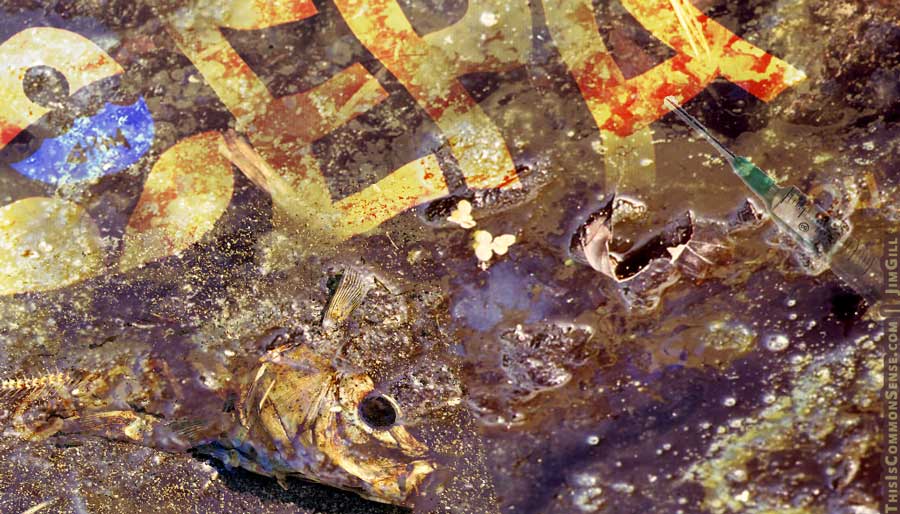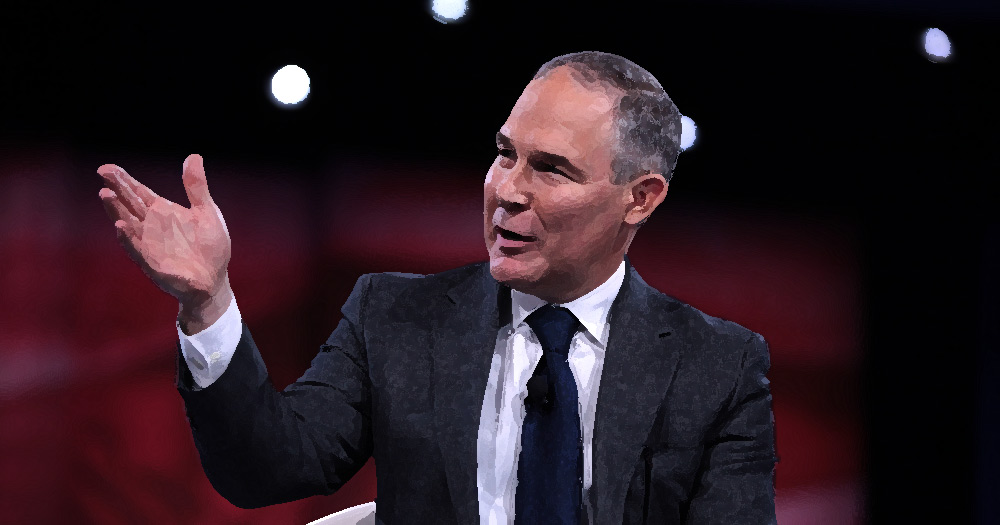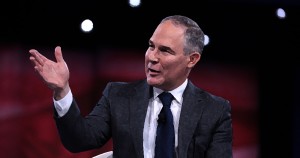There is climate change going on. And some of it is attributable to increasing levels of Carbon dioxide (CO2).
It is uncontroversial and quite politically convenient to say that — despite Al Gore’s infamous propaganda positing climate change dogma as An Inconvenient Truth. The worldwide “green” movement to “fight climate change” has been supported by trillions of tax dollars and the eager, lip-smacking glee of major media mavens as they trot out story after improbable story, linking every storm, warm spell, cold spell, and summer ice melt to “man-made global warming.”
But there is no real “settled science” as non-scientists like to term the case for anthropogenic global warming, because there are
- troubles with the temperature data,
- difficulties separating weather events from climatic trends,
- problems identifying CO2 level variations as the cause of climate change rather than as a result,
- a certain amount of dunderheadedness using a statistical construct of “average global temperature” to track actual trends, and
so much more. But we do know about one extremely positive effect of increasing atmospheric carbon: it makes the deserts bloom.
Or, at least, greener.
Six years ago a study of satellite data concluded that arid regions have gone greener. Increased atmospheric CO2 levels makes photosynthesis more efficient, allowing plants to use less water, thereby creating more leaves.
Earlier this year, however, Forbes reported that a NASA study had just demonstrated that expanded agriculture and silviculture in India and China were responsible for most of that greening — but if you compare the Forbes article with the original paper, the CO2 contribution persists.
Atmospheric carbon is plant food, so to speak, and without it, life on the planet would die.
An awkward truth?
This is Common Sense. I’m Paul Jacob.

—
See all recent commentary
(simplified and organized)









